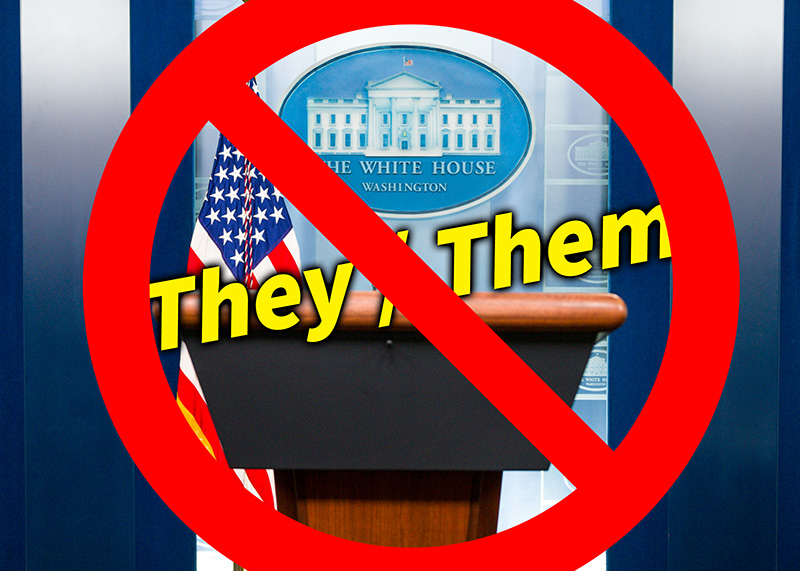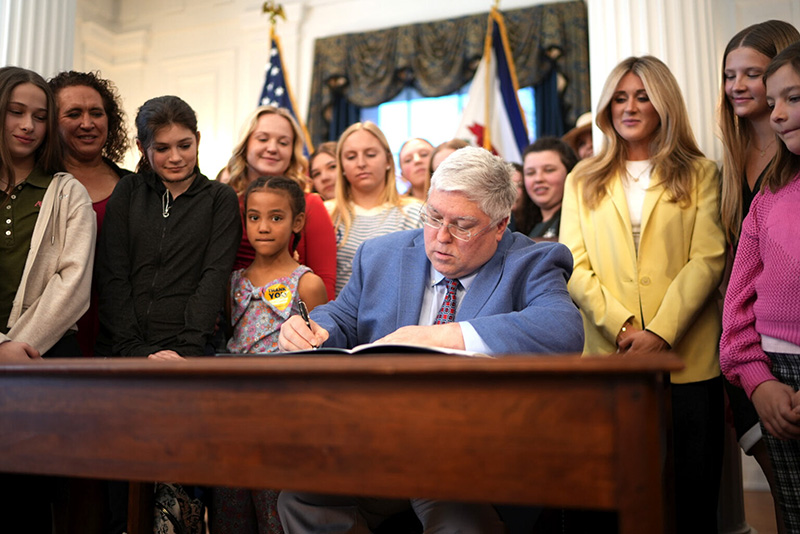Texas “bathroom bill” could cost state more than $3 billion
New bill restricts localities from passing their own ordinances regulating bathroom access

Banning transgender people from public bathrooms could cost the Texas economy $3.3 billion and 35,600 jobs.
Those estimates come from a study by the Perryman Group on behalf of the tourism organization Visit San Antonio, which opposes attempts by Texas lawmakers to pass a “bathroom bill.”
Last month, the Texas Senate approved the bill, which prohibits all Texans, including transgender residents, from using public restroom and changing facilities that match their gender identity.
“These numbers tell us there will be a significant — and longstanding — adverse impact on San Antonio and the state,” Cassandra Matej, president and CEO of Visit San Antonio, said in a statement. “We urge our legislators to consider these effects in making their decisions.”
The study comes as the Texas House prepares to pass its own version of a bathroom bill. It would prohibit localities from enacting bathroom regulations that extend protections to people not covered under federal civil rights laws, which includes members of the LGBTQ community, reports The Dallas Morning News.
The Perryman Group report is the second study to predict that Texas could suffer economic harm by passing restrictions seen as hostile toward the LGBTQ community. In December, the Texas Association of Business released a similar study estimating that a bathroom bill could cost the state as much as $8.5 billion.
That study was criticized by supporters of the Senate bill, who argued that it overstated the detrimental financial impact of the bill.
Realizing that politicians will seek to discredit his study in the same way, Ray Perryman, lead economist with The Perryman Group, told The Dallas Morning News that he took a conservative approach in estimating the financial loss the state would suffer because of the bill.
Perryman said he drew his conclusions after surveying convention planners and leisure travelers, and did not account for potential losses from any concerts or sporting events that might also be cancelled because of the law.
State Rep. Ron Simmons (R-Carrollton), the author of the House bill, said his proposed version of the bathroom restrictions was crafted in a way to placate the business community, which had expressed strong objections to the Senate version.
The changes proposed in the House version mirror provisions in North Carolina’s HB 142, a measure that “repealed” anti-LGBTQ restrictions put in place by the infamous HB 2 law. Critics say that the Texas bill, much like HB 142, still enables people to discriminate against the LGBTQ community but dresses that discrimination up in a more presentable or “acceptable” way.
The new House version represents a departure from the stance adopted by Texas House Speaker Joe Straus regarding the need for any bill restricting transgender people’s ability to access certain bathrooms. Straus previously said there was “no evidence” that any such bill was needed, calling the controversy “manufactured” and “unnecessary.”
Support Metro Weekly’s Journalism
These are challenging times for news organizations. And yet it’s crucial we stay active and provide vital resources and information to both our local readers and the world. So won’t you please take a moment and consider supporting Metro Weekly with a membership? For as little as $5 a month, you can help ensure Metro Weekly magazine and MetroWeekly.com remain free, viable resources as we provide the best, most diverse, culturally-resonant LGBTQ coverage in both the D.C. region and around the world. Memberships come with exclusive perks and discounts, your own personal digital delivery of each week’s magazine (and an archive), access to our Member's Lounge when it launches this fall, and exclusive members-only items like Metro Weekly Membership Mugs and Tote Bags! Check out all our membership levels here and please join us today!






















You must be logged in to post a comment.